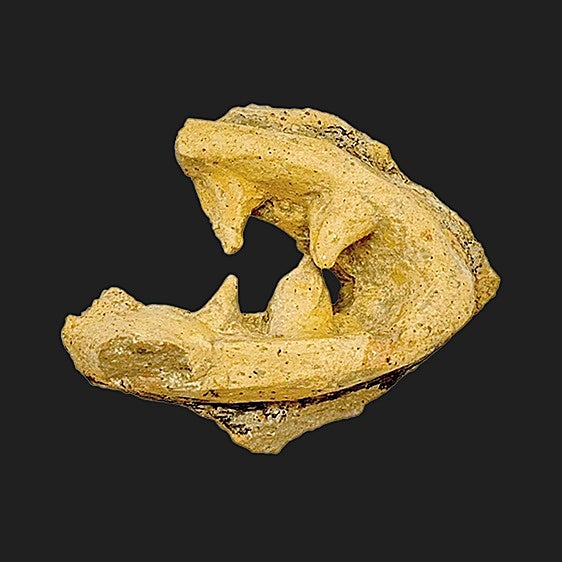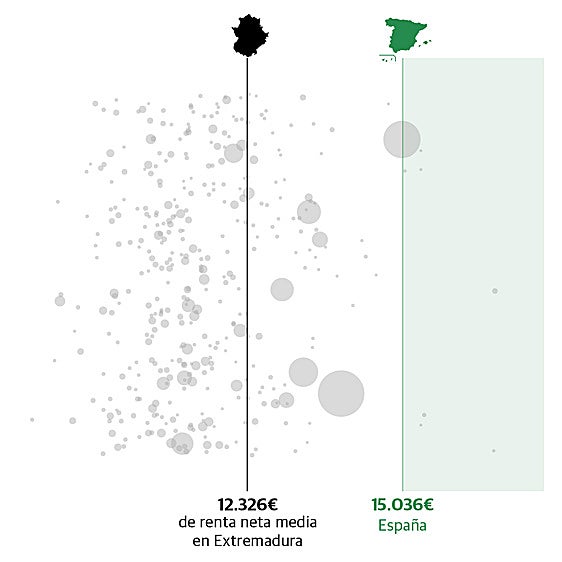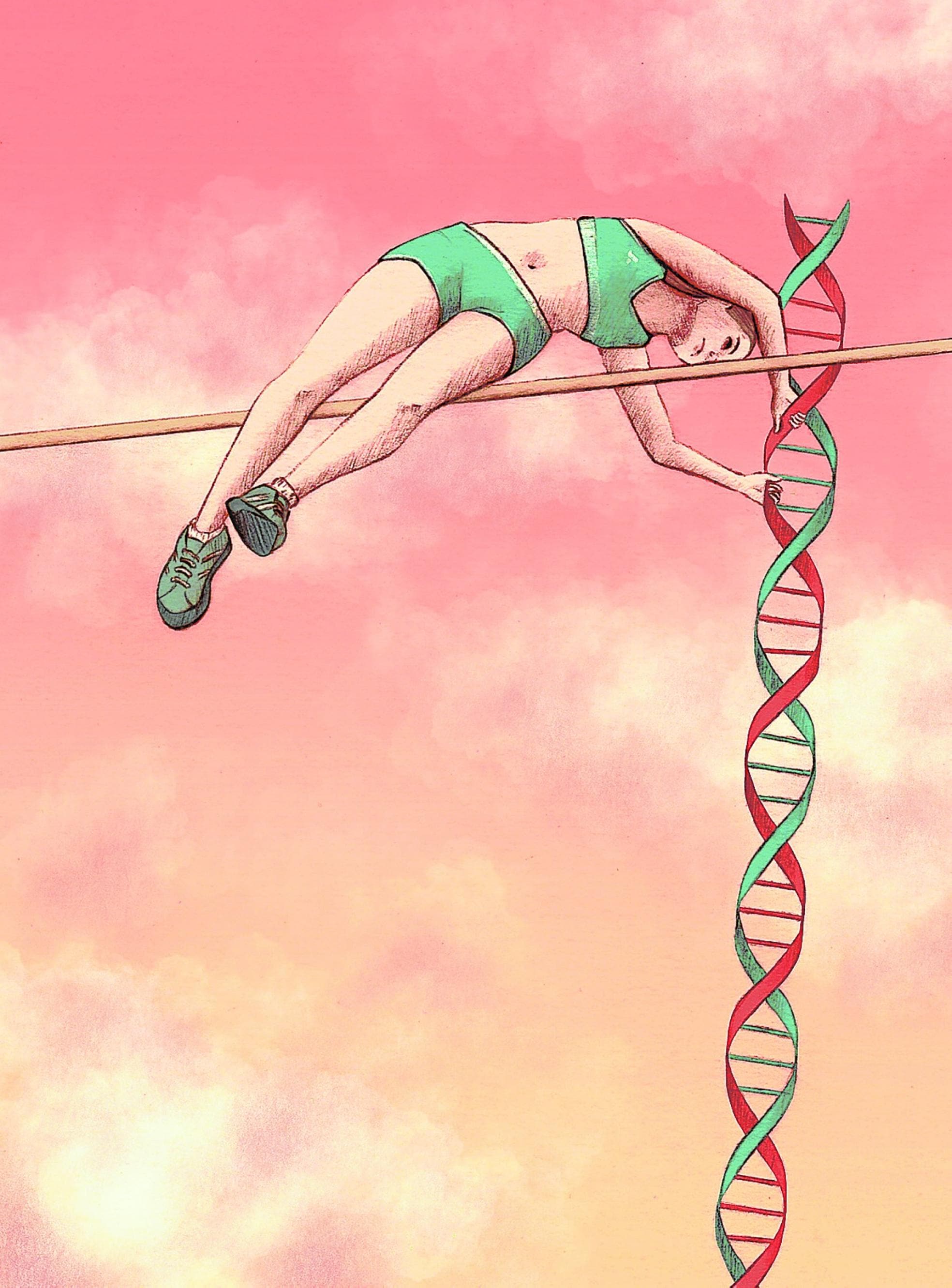Cyclist or swimmer - it's all in the genes
Study ·
Whether or not we are an elite athlete is written in our DNA, say researchersISAAC ASENJO
Friday, 1 July 2022
There is some truth in the saying that an athlete is made of different stuff, so much so that recent studies have shown that the performance of the greatest champions in sport is determined by their genes.
For decades, scientists have been asking to what extent our lives and abilities are determined by heredity, or whether they are adjustable and influenced by our environment.
David Varillas, who is the head of the research support unit in the Faculty of Medicine at the Francisco de Vitoria University, has analysed the use of genetic tests to detect sporting talent, optimise training levels and prevent exercise-related injury. The work could be key to talent-spotting youngsters in sports schools and it has recently been published in the European Journal of Applied Physiology.
Genetics account for about 25% of an athlete; numerous other factors also come into play
The article is called Genetics and Sports Performance: the Present and Future in the Identification of Talent for Sports Based on DNA Testing.
Diet and training
Would we be able to find out through DNA samples who will be the next Nadal, Alejandro Valverde or Ana Peleteiro, then?
"What we can do is find someone who genetically matches these athletes, but then there are other conditioning factors that surround them in order for them to reach those levels. Genetics would account for about 25 per cent of what that person is," said Varillas.
The other 75 per cent comprises diet, rest, commitment, dedication, access to the best facilities, optimum equipment and the determination to be better every day.
However, if someone knows they belong to this privileged genetic group, that could be an extra motivation for them to adapt their training in some way and try to reach the very top of their sport.
Speed or strength
All the same, wanting do so something doesn't mean being able to. The study reveals some of the keys that help someone to choose their type of sport, depending on the person and also on their genes.
"There are markers that are specific to an endurance sport and others that are more focused on sprinters in athletics or swimming, depending on the distance (50 metres, 800 metres or 1,500 metres)," said Varillas.
"This predisposition conditions the muscular physiology of the athletes and can be known beforehand. Working on it with training and a suitable diet could improve the chances of that person becoming another Usain Bolt, Kipchoge or Bekele in the future," he said.
"Based on their genetics, we advise athletes how to avoid problems like anaemia or injury, and how to adapt their diet in order to optimise their recovery and strength, depending on their sport and the number of matches or competitions that they are able to do, and that depends on their genes," he said.
For a professional athlete, it is crucial for them to discover which parameters determine their optimum performance in any field, in training as well as when competing.
As Varillas explained, during the research project the scientists analysed the genetic profiles of some of the greatest stars of the sporting world and, compared with the population in general, they showed what he calls "an incredible selection".
Differences
What are the differences? As well as the characteristics that influence biomechanical performance, such as the capacity of the body to transport oxygen or construct muscles in a certain way, other genes can also favour someone's ability to train with greater intensity and more concentration.
In the genetic analyses carried out by the researchers at the university, several key markers were detected such as the muscle fibre gene, called ACTN3, which relates to speed; HFE, which helps with the absorption of iron to improve strength; the EPO gene - a hormone responsible for the production of red blood cells - which in the case of athletes mean they carry more oxygen; the CK-MM, localised in skeletal muscles and the heart; and the IGF1, which can be modified through 'genetic doping' to improve sporting performance.
The research clearly differentiates between endurance sports (which include marathon running, cycling etc) and power or resistance sports (100-metre sprinting, football etc).
"Having these genes in your body helps you to become an elite athlete more easily than other people. We are talking about predisposition more than predestination," Varillas explained.
Non-exclusive tool
The results of the genetic tests must not be taken as exclusive proof of how an athlete will perform. On the contrary, they should serve as a tool for advising and optimising sports training and be treated as a source of knowledge in order to improve.
Through complete genome sequencing, people have all the information they could want to know about their genes. The genome comprises all the DNA in the nucleus of our cells. We are talking about approximately 3.2 billion DNA base pairs, which corresponds to about 30,000 genes.
All this information is complementary to the information that sociologists, psychologists, economists or anthropologists can find out about a person, and in conjunction they are going to determine the most likely paths we will take in our life.



